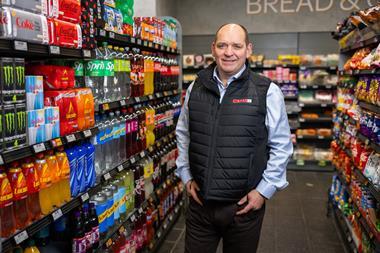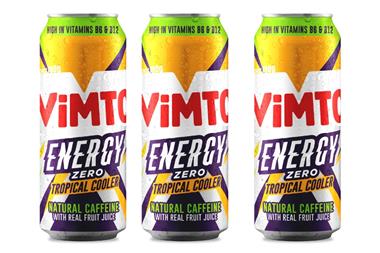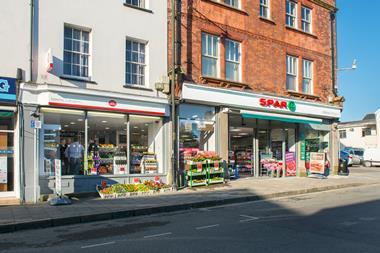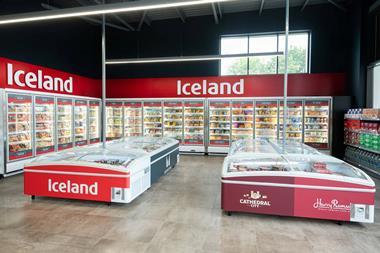Spar's German operation is trialling EDLP in three of its larger stores in Hamburg in a bid to reverse declining sales, said International Spar MD Gordon Campbell.
High/low pricing in stores over 8,000 sq ft doesn't work in the German retail environment, he explained.
"There is a need for a repositioning of Spar in certain areas with EDLP and a greater emphasis on fresh food, especially fruit and vegetables."
Germany is probably the most price sensitive market in Europe, he added.
"There has been intense competition between the hypermarket operators and the hard discounters, driven by Wal-Mart."
Wal-Mart's German division continues to make heavy losses but its arrival on the market has forced down prices in a sector already depressed by high labour costs, limited trading hours and stagnating sales.
Last year Spar Germany pulled top brands off its shelves in a bid to force manufacturers to lower prices, and admitted the group was not expecting to return to profitability until 2002.
New chief executive Dr Fritz Ammann was brought in last month promising to arrest declining sales and work with independents to revitalise the business.
Independent retailers account for 72% of the Spar business in Germany.
Spar is the fifth largest food retailer in Germany with a market share of almost 9%, but larger stores have been squeezed as the bigger players compete on price.
Spar Finland has also had sales declines, recently announcing plans to consolidate its five store formats into two: Spar and Eurospar. "Spar Express [forecourt convenience format] didn't work in Finland because it isn't viable to open 24 hours when labour costs are so high," said Campbell. "But this format is very successful in a number of countries, notably Ireland."
Australia and Norway are next on the list for Spar Express.
{{NEWS }}
Close menu
- Home
- Retail & Wholesale
-
Products & Suppliers
- Back to parent navigation item
- Products & Suppliers
-
Product Categories:
- Back to parent navigation item
- Product Categories:
- Alcoholic drinks
- Bakery
- Cereals & breakfast
- Cheese
- Chicken & poultry
- Chocolate
- Confectionery
- Crisps, nuts & snacks
- Dairy
- Fish
- Fresh produce
- Frozen
- Household
- Meat
- Own Label
- Sauces & condiments
- Seasonal
- Soft drinks
- Vaping
- Vegan & plant-based
- World foods
- Suppliers
- People
- Reports & Data
-
Topics A-Z
- Back to parent navigation item
- Topics A-Z
-
Popular topics:
- Back to parent navigation item
- Popular topics:
- Cost of living crisis
- Crime
- Deposit Return Schemes
- Finance
- Government & Regulation
- Health
- Inflation
- Loyalty
- Marketing
- Mergers & Acquisitions
- New Product Development
- Sourcing
- Supply chain
- Sustainability & environment
- Technology
- Ultra Processed Foods
- Vaping
- A-Z all topics
- Content by type:
- Events
- Ask iA (beta)
- Subscribe now
Sign in to comment on this article
Not logged in before? Register for FREE guest access today.
You will be able to:
- Read more stories
- Receive daily newsletters
- Comment on stories
Advert


















No comments yet